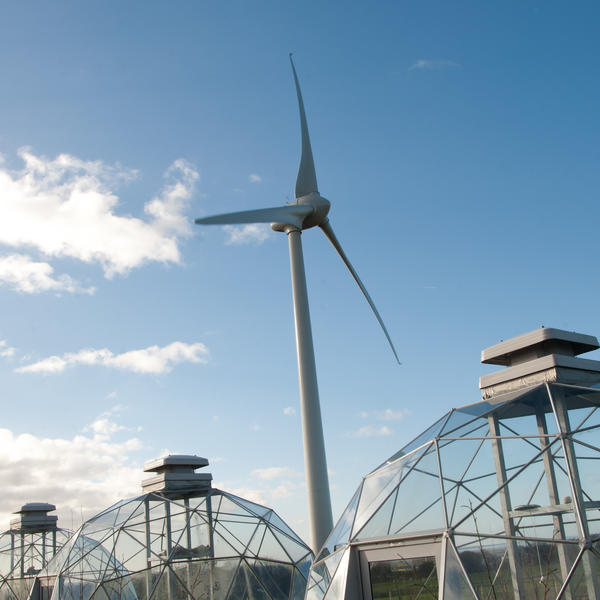Positive change: carbon net-zero by 2035
In November 2020 and following engagement sessions with staff and students, the University’s Council announced its aim to become carbon net zero by 2035. Our aim is to be carbon net zero for carbon emissions from electricity and heating by 2030 and net zero from all other emissions by 2035.
The University is already the highest producer of renewable energy of all UK universities and has already reduced its electricity and heating emissions by 50% since 2005. Our community’s collective commitment to tackle climate change will draw on our world-leading research and engagement with external partners to achieve our sustainability goals.
Achieving our ambitious targets will entail significant financial planning to improve activities and infrastructure across many areas of the University. The continued commitment of staff and students, recognising that this may at times entail difficult choices and changes, will be critical to delivering positive change, particularly in relation to our travel and energy consumption in line with our KPI in this area.
Sustainability



